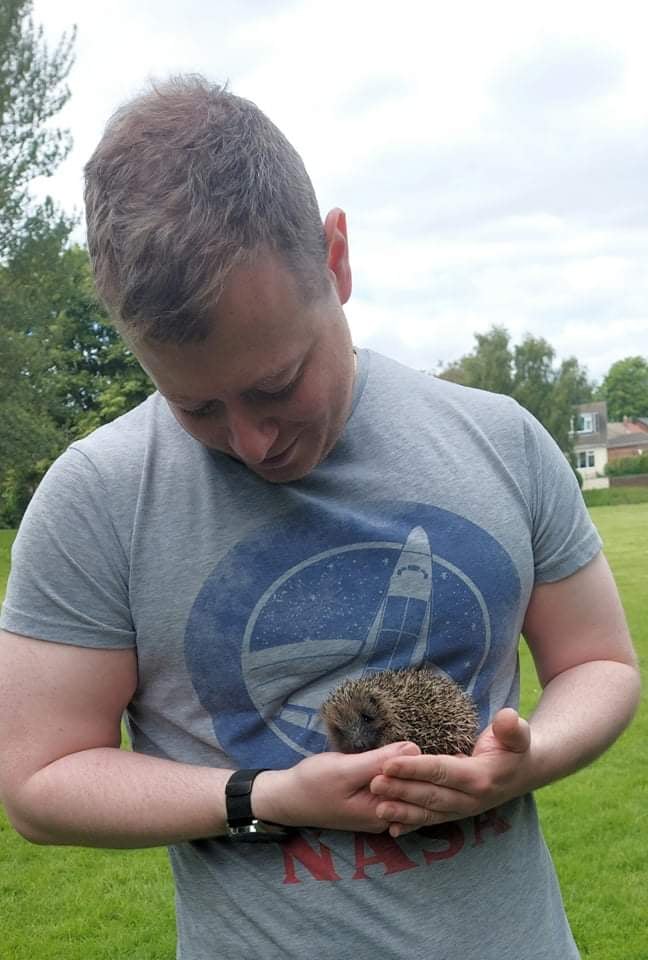
Epilepsy is the fourth most common neurological disease. It affects more than 500,000 people in the UK.
It’s most common within young children, however it is important not to forget the young adults suffering with Epilepsy and the setbacks it has on their everyday life.
The stereotype appears simple and that, sufferers appear to be living happily with only the odd seizure however there are many side affects and complications to epilepsy that aren’t as straight forward such as being unable to walk or proceed with normal everyday tasks once facing an epileptic attack.
With ‘Wear Purple for Epilepsy’ day on 26 March there is a lot more happening across Newcastle and Sunderland; such as information sharing events and the Millennium Bridge on Newcastle Quayside will be lit up purple in aid of the day.
Sometimes it is noticed that epilepsy is often forgotten about or is misunderstood by those who have not heard of it. It is also known to be brushed aside and not taken as serious as illnesses with the same drawbacks.
Deanna Elliot, 19 said: “I think epilepsy is definitely pushed aside, I think only a small handful of people might know what to do if I was to have a seizure in public. Some probably wouldn’t know what was happening at all.”
Epilepsy Action Tyneside has been around since 2006 and is the reason that the North East has all the awareness raising events every year.
Vicky McGreevy, a volunteer for Epilepsy Action Tyneside has been volunteering for the group for nine years and her opinion on the matter was similar to most: “It’s important that epilepsy has its own awareness day (Purple Day) in the calendar so that it is acknowledged, but it would be nice to think that in years to come it becomes as recognisable and got the same publicity as other disability awareness days.”
It is important those with epilepsy aren’t made to feel as though they are alone and that nobody could help them face an attack Epilepsy Research UK left us this advice: “It may feel restrictive at times, but the best thing you can do is tell your mentor and close friends you have epilepsy, eat and sleep well and look after yourself properly.”




